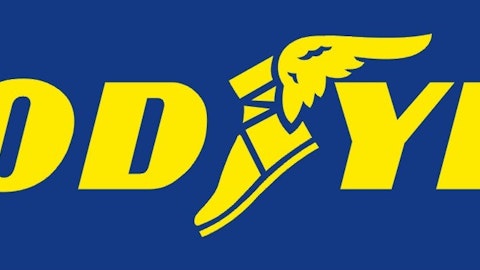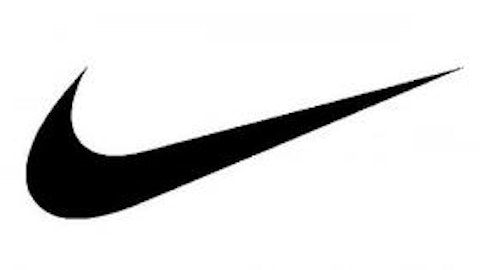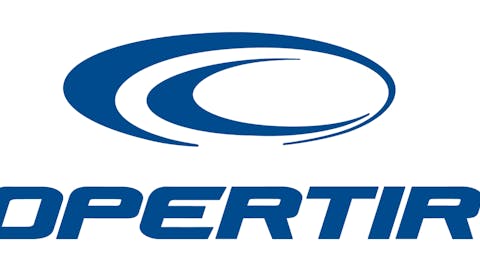The past 12 months have been pretty good for the tire market and for those who had invested in it. Shares of passenger and light truck tire makers like The Goodyear Tire & Rubber Company (NASDAQ:GT), Bridgestone Corp (TYO:5108), Michelin, Cooper Tire & Rubber Company (NYSE:CTB), and General are all up around 50% to 75% over last year at this time.
The boom is largely a result of increased auto sales around the world — with the notable exception of Europe — and stability in rubber prices. But what looks to be a moderation in U.S. vehicle purchases, coming at the same time the market is being flooded with cheap new tires from China, could strain sales and cut profitability in the near term.
Things had been rolling along nicely
As it helped stabilize the U.S. economy, the auto industry’s recent rebound here has also helped sell a lot of tires. Americans bought 14.5 million cars and light trucks last year, up 45% from the market’s bottom in 2009. And thanks to an improving economic picture and increased access to credit, sales have been annualizing at an even brisker pace so far this year.
Not surprisingly, tire makers who supply original equipment to automakers have seen a solid spike in sales as a result. But the improved mood and increased activity have also raised demand for higher-margin replacement tires. Combined with weak prices for natural rubber — the biggest cost in producing tires — the sector has soared.
Potential headwinds began to appear earlier this year, though, as weakening demand during the first quarter proved a challenge for several tire makers. The Goodyear Tire & Rubber Company (NASDAQ:GT) and Cooper, for example, each reported that revenue for the period fell about 12.5% from the prior year. Michelin’s first-quarter sales dropped more than 8%. Hankook fell nearly 2%. Even Bridgestone, which has much less exposure to Europe’s troubles, saw only a slight increase.
Despite the negative turn, however, profits held better than expected because rubber prices declined. Cooper reported a record first-quarter operating profit and net income that more than doubled, attributing both to raw material costs falling by $90 million during the quarter. The Goodyear Tire & Rubber Company (NASDAQ:GT) posted higher operating and net income for the same reason. Bridgestone and Hankook also reported increases in profits while Michelin — hit hardest by declines in Europe — said it expects “stable operating income” due to favorable raw material prices.
Slower U.S. auto sales could further depress demand
But, some observers have started to suspect American car sales may not cooperate as much going forward. Ford Motor Company (NYSE:F), Chrysler, and Nissan Motor Co., Ltd. (ADR) (OTCMKTS:NSANY) were all up solidly month over month in May, but General Motors Company (NYSE:GM), Honda Motor Co Ltd (ADR) (NYSE:HMC), Toyota Motor Corporation (ADR) (NYSE:TM), and Hyundai saw only minimal increases and Volkswagen actually declined.
Even more worrisome, the overall pace for the month was only slightly above the average for the first four months of the year. This indicates growth has slowed.



